IS038 - Model Order Reduction, Scientific Machine Learning and Uncertainty Quantification for Large Scale, Complex Geometry and Multi-physics Problems
Keywords: reduced order model (ROM), Scientific machine learning, uq
This invited session focuses on the rapidly evolving intersection of scientific machine learning (SciML), reduced order models (ROMs), and uncertainty quantification (UQ) in addressing complex coupled problems. These areas have gained significant attention due to their ability to improve computational efficiency, robustness, and predictive accuracy across a wide range of scientific and engineering applications.
Coupled systems - such as fluid-structure interaction, multi-physics simulations - pose significant computational challenges due to the high-dimensionality and nonlinearities involved. SciML techniques, particularly physics-informed machine learning models, offer a promising approach to improving the efficiency of these simulations. ROMs, including methods like proper orthogonal decomposition (POD) and dynamic mode decomposition (DMD), provide reduced computational complexity without sacrificing essential dynamics. UQ methods are vital in assessing the impact of uncertainties, such as material properties and external forces, on the accuracy of predictions.
This session will bring together experts to discuss recent advances and practical applications of SciML, ROMs, and UQ in solving coupled problems. It aims to foster dialogue between academic researchers and industry practitioners, highlighting both theoretical developments and real-world case studies.

